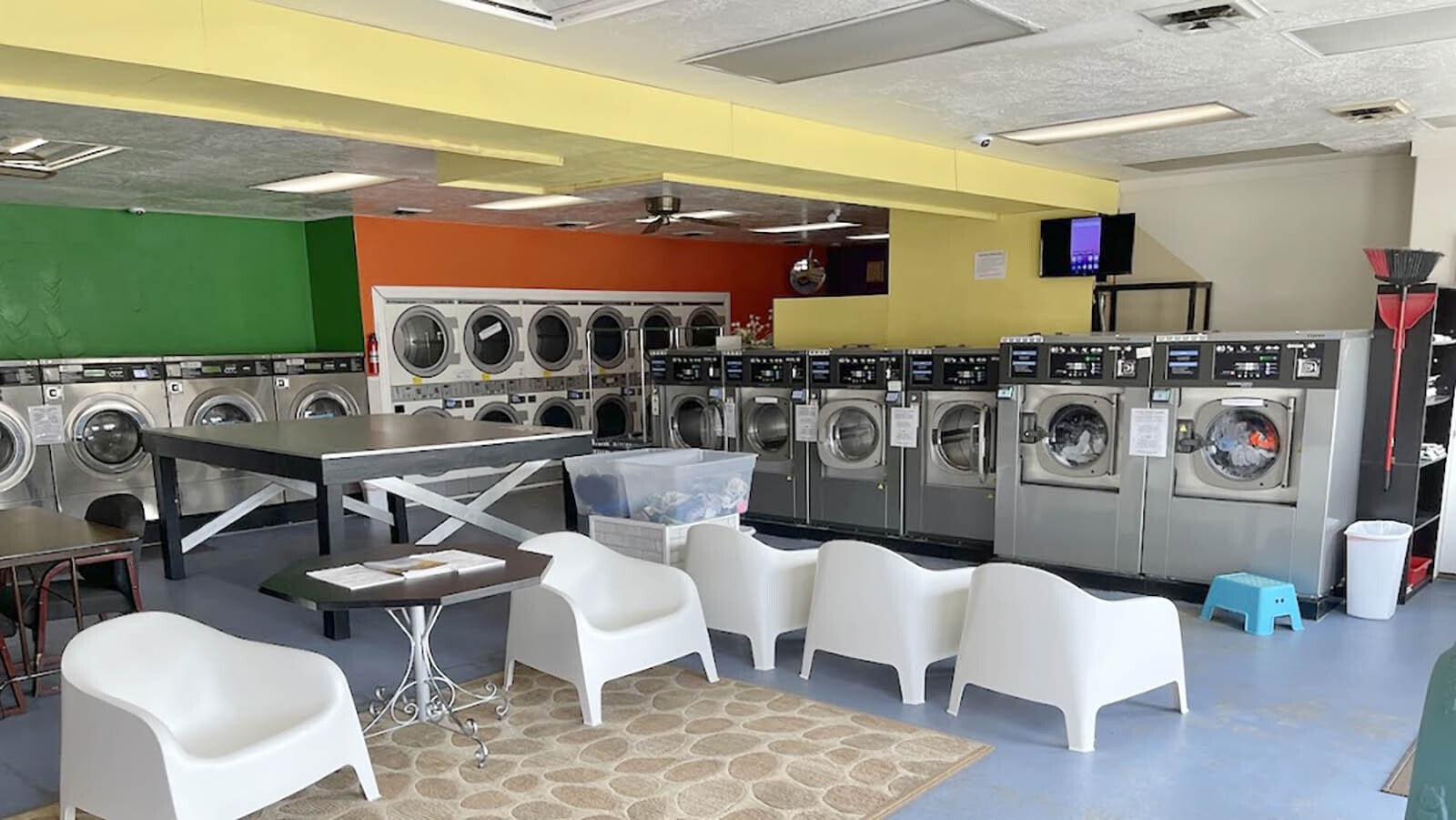President Joe Biden’s Department of Energy is concerned that your washing machines and refrigerators are contributing to global warming.
The department is proposing more stringent water and energy standards for the appliances to help reduce the threat they may pose to the environment.
The announcement comes on the heels of previous potential efforts to reduce the carbon footprint of household appliances. An internal government memo leaked earlier this year espoused the benefits of banning natural gas-fired stoves and kitchen ranges.
Moldy Washers
Commenting on the proposed rules for washing machines and refrigerators, two researchers submitted a study warning that the DOE’s proposed standards can degrade the performance of the machines and have minimal impacts on greenhouse gas emissions.
In their comments, Art Fraas, visiting fellow at Resources for the Future, and Sophie Miller, senior policy analyst with the George Washington University Regulatory Studies Center, examined the impacts of previous standards, which the DOE calculated resulted in net benefits to consumers.
The researchers say those calculations only consider energy savings, but not other impacts.
These standards, the researchers say, resulted in “burdens for consumers in the form of diminished product reliability, increased repair costs and decreased product lifetime.”
The researchers looked at class-action lawsuits stemming from issues with “moldy washers and defects requiring immediate repair.”
Based on their research, Fraas and Miller estimate that 24% to 49% of consumers benefited from efficiency standards, far short of the department’s estimate of 81%.
Bad For Business
Sage Bear, co-owner of Bear’s Naturally Clean Dry Cleaners in Gillette, said that efficiency standards that make cycles run longer would hurt the laundry industry.
“It would take longer to get clothes clean, which would make labor [costs] higher,” Bear said.
It would also mean making her customers wait longer, Bear said, and if they can’t process as many clothes in a day, higher costs be passed onto customers.
“That wouldn’t be good for business,” she said.
Better Mileage
Bruce Gettman, general manager at B&B Appliance & TV in Cheyenne, said newer appliances manufactured with higher efficiency standards do have longer cycle times, but they also save consumers money.
Sometimes they have to be handled differently than older models. For example, he tells customers to wash similar fabrics in the same load as it will improve the performance of the machine.
Gettman said he’s sold refrigerators with the new standards. Unlike older models, the newer ones run constantly and people who bought them call him up, concerned their appliances aren’t functioning properly.
He explains to them the newer models, even though they run constantly, are using less energy.
“It’s like how your car gets better gas mileage on the highway. A steady, constant speed for a long distance is more efficient,” Gettman said.
Gettman said he won’t be surprised if the DOE does pass more stringent standards.
Sell Everything
Tony, who didn’t want to give his last name, owns Cody’s Laundromat in Cody. He questions the wisdom behind the standards.
“You get all soaped up in one of those high-efficiency showers, and it takes twice as long to rinse off,” he said. “It’s the same with a washing machine. It’s going to get to the point that people are going to have to pay twice to wash their clothes.”
Tony said other rules the federal government is passing down are also of concern, such as bans on natural gas appliances. His dryers run on gas, and he said he couldn’t afford to electrify them.
“I won’t upgrade,” he said. “I’ll just close, sell everything I own and convert to something else.”





